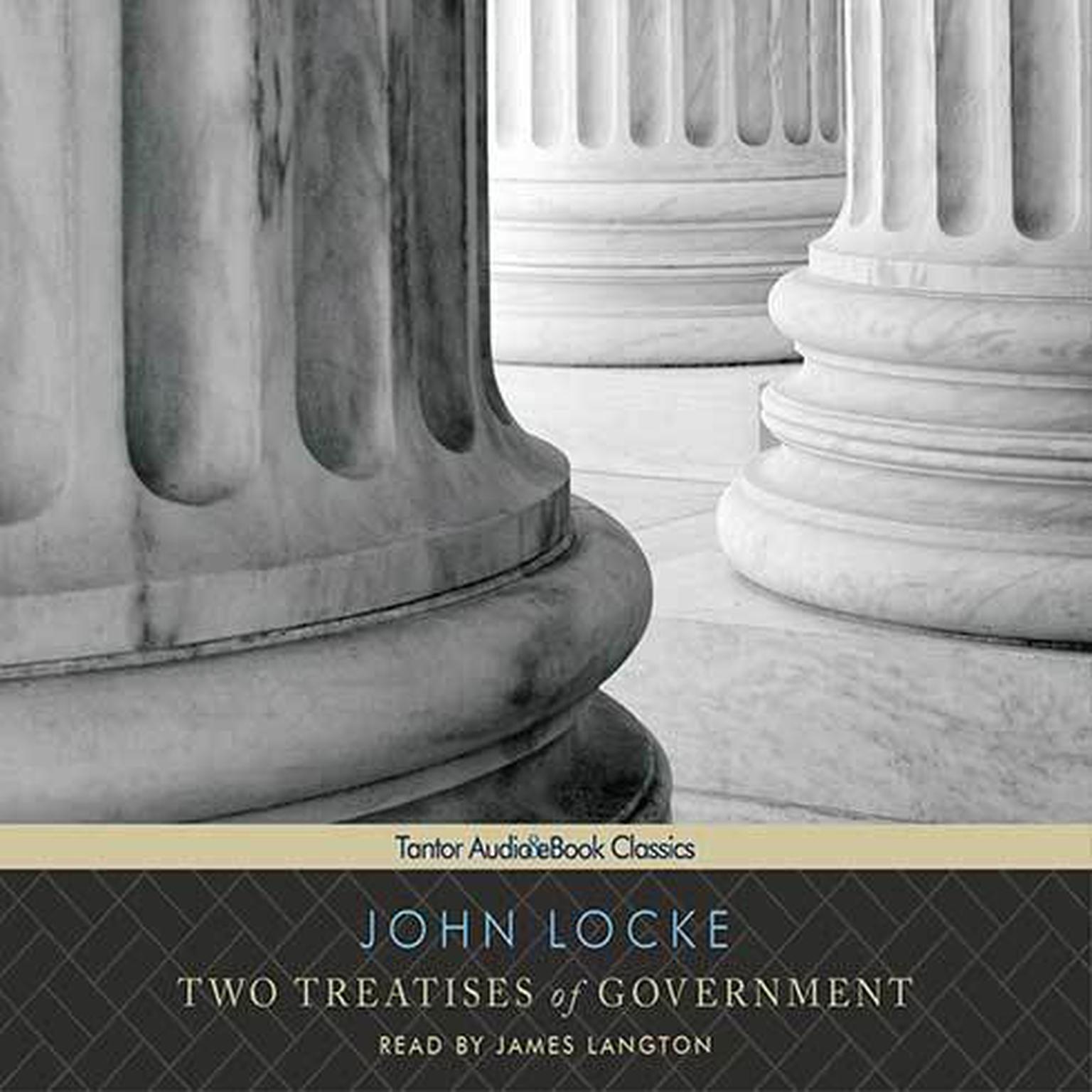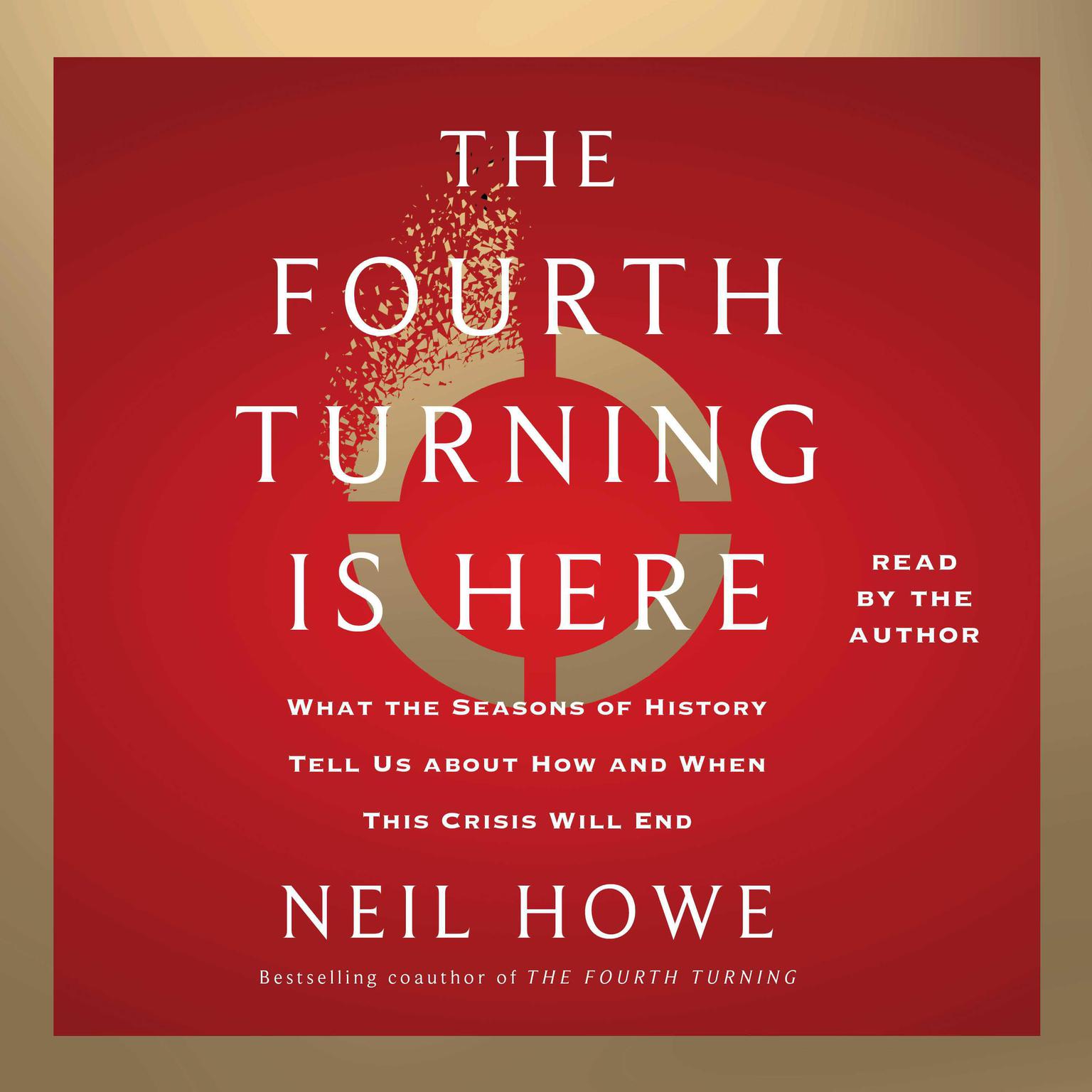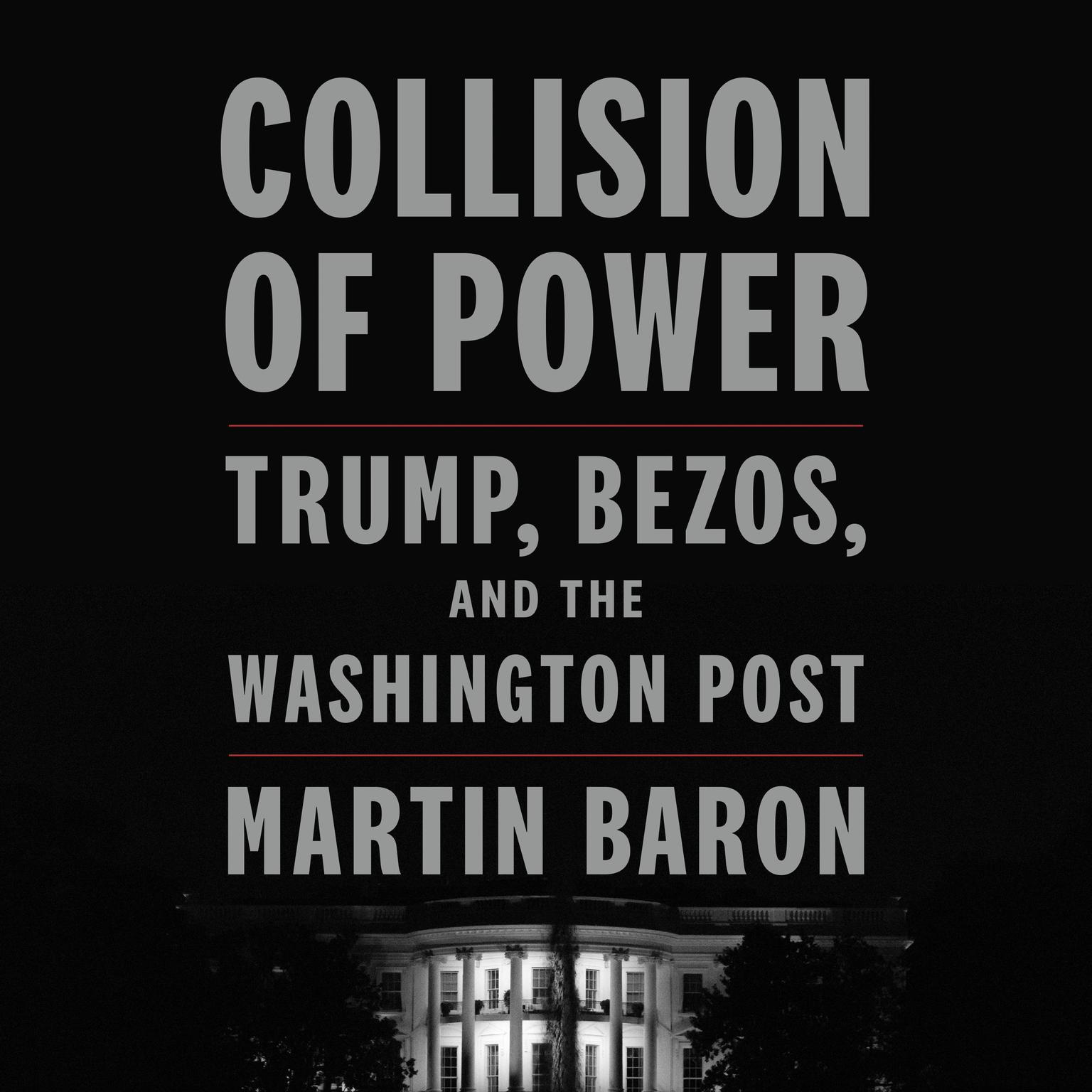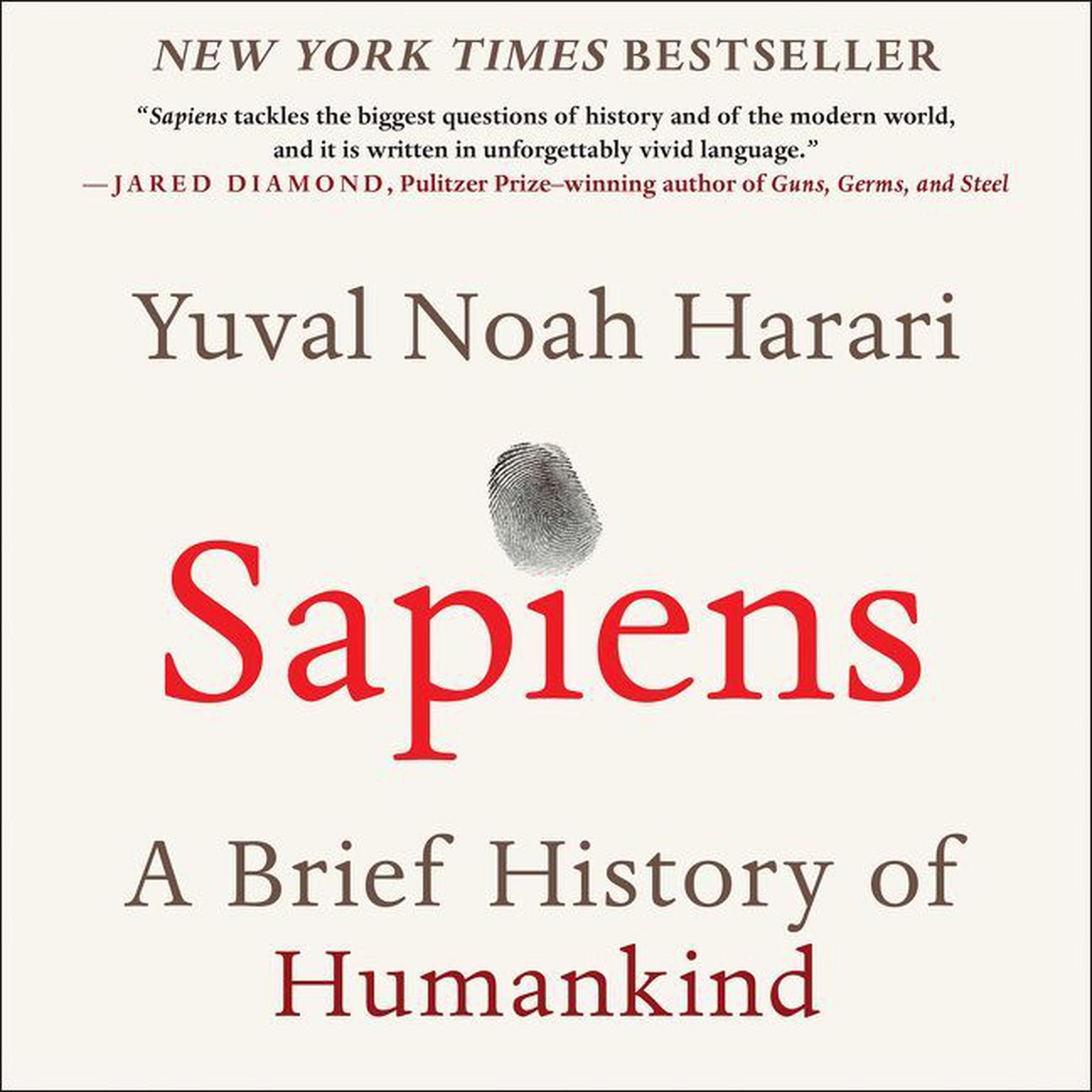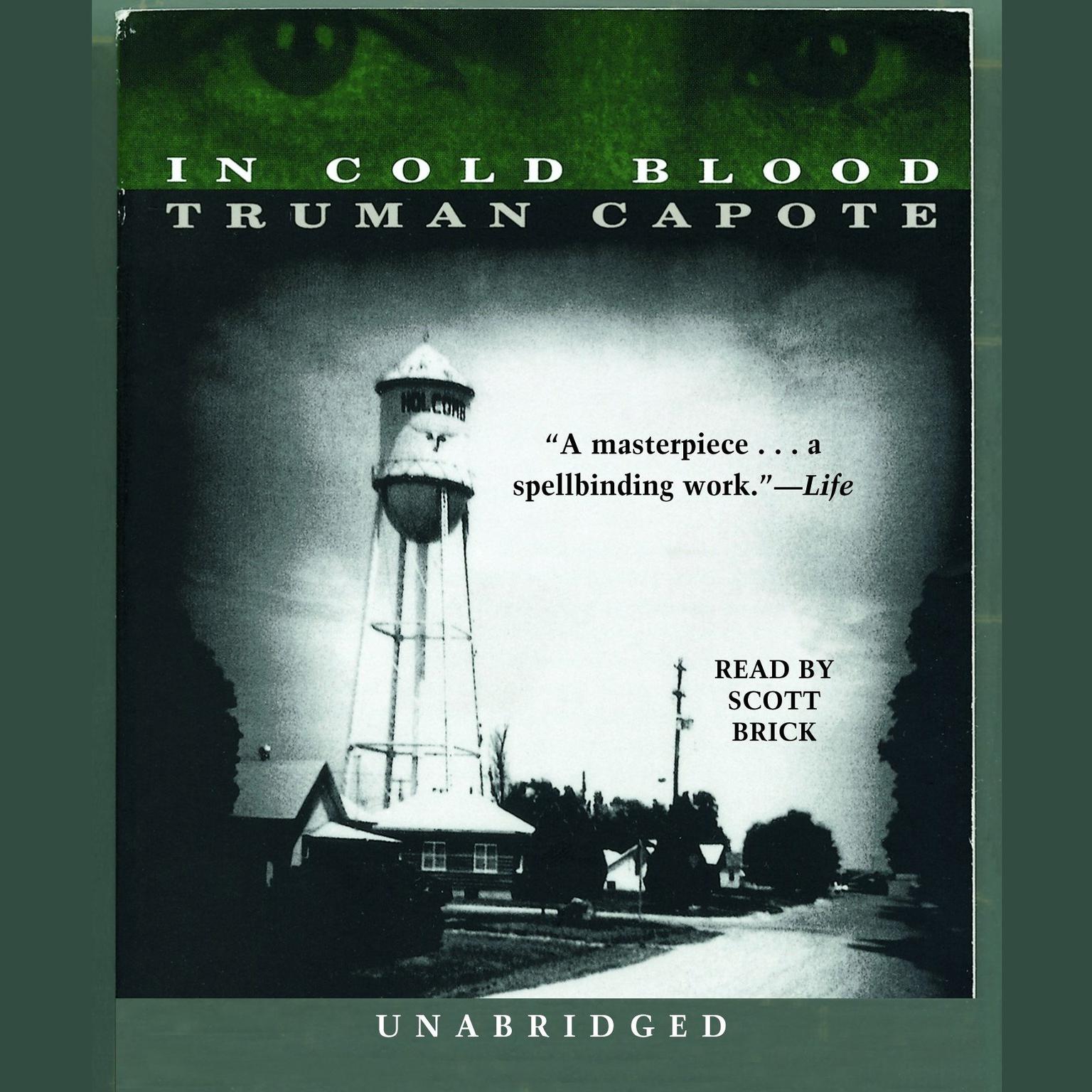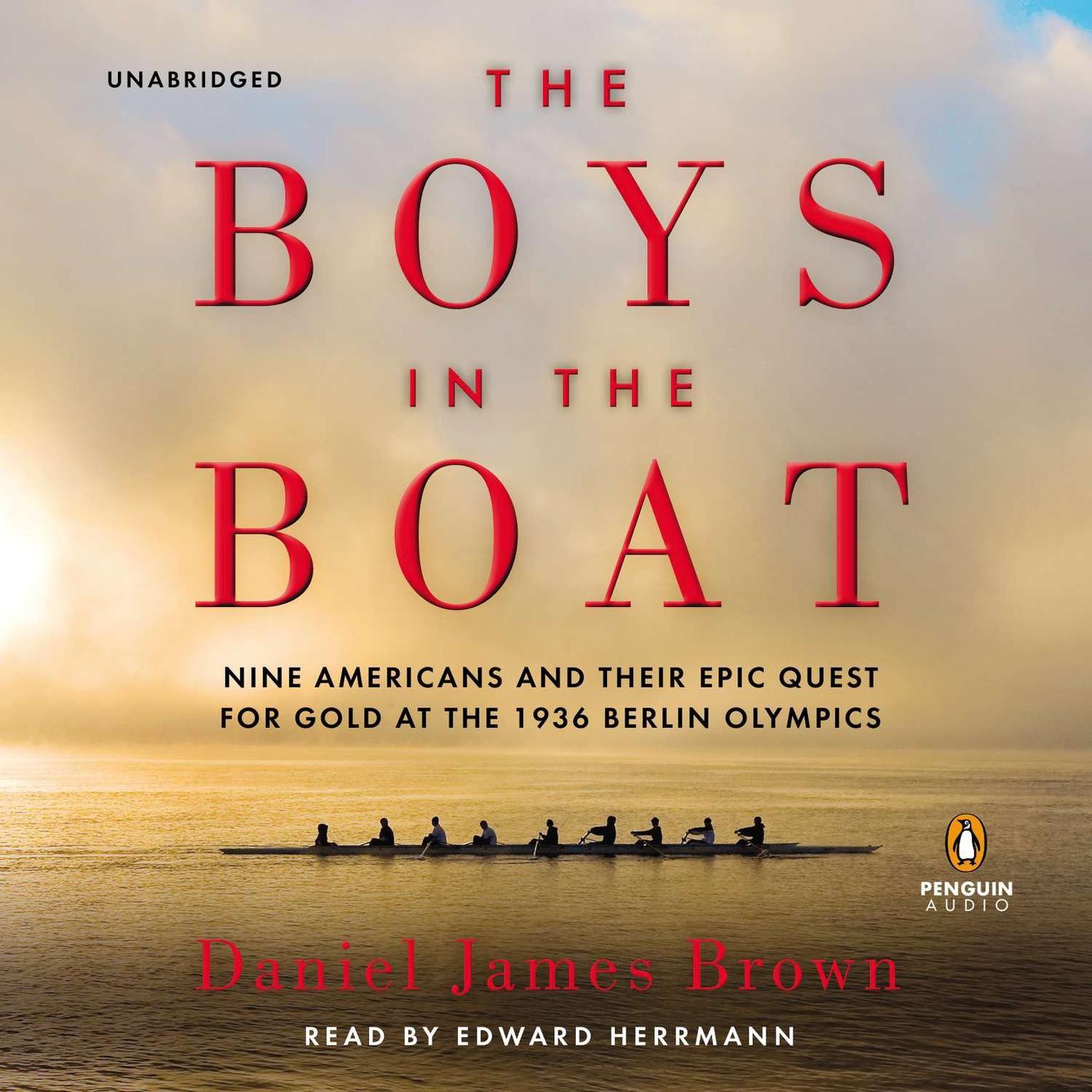Publisher Description
Between 1929 and 1945, two great travails were visited upon the American people: the Great Depression and World War II. This Pulitzer Prize–winning history tells the story of how Americans endured, and eventually prevailed, in the face of those unprecedented calamities.
The Depression was both a disaster and an opportunity. As David Kennedy vividly demonstrates, the economic crisis of the 1930s was far more than a simple reaction to the alleged excesses of the 1920s. For more than a century before 1929, America’s unbridled industrial revolution had gyrated through repeated boom-and-bust cycles, wastefully consuming capital and inflicting untold misery on city and countryside alike.
Freedom from Fear explores how the nation agonized over its role in World War II, how it fought the war, why the United States won, and why the consequences of victory were sometimes sweet, sometimes ironic. In a compelling narrative, Kennedy analyzes the determinants of American strategy, the painful choices faced by commanders and statesmen, and the agonies inflicted on the millions of ordinary Americans who were compelled to swallow their fears and face battle as best they could.
Both comprehensive and colorful, this account of the most convulsive period in American history, excepting only the Civil War, reveals a period that formed the crucible in which modern America was formed.
Download and start listening now!
“A very readable account of the American people during the run-up to the Depression and through World War II. The author was very even-handed in his account of Hoover and his attempts at bringing the US out of the Depression; he was equally even-handed in his treatment of FDR – describing faults and accomplishments. There are sections on women, the labor movement, a broad view of the European and Pacific fronts, Negroes and several other sections that don’t come to mind right now. I’d recommend this book to anyone who wants a 900 page overview of the Great Depression and WW II.”
—
Elaine (4 out of 5 stars)




